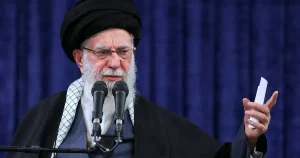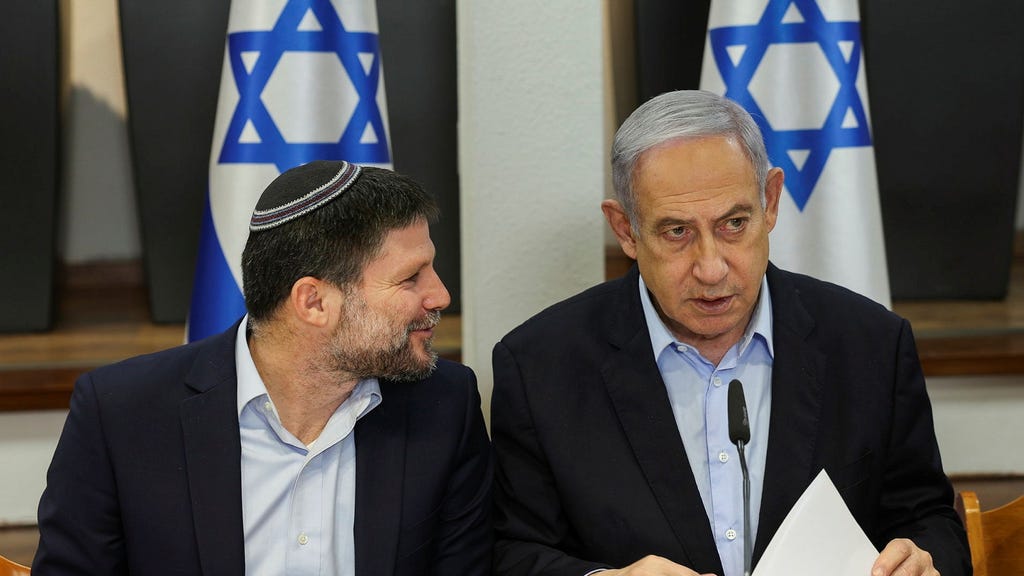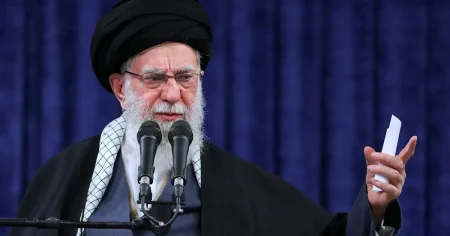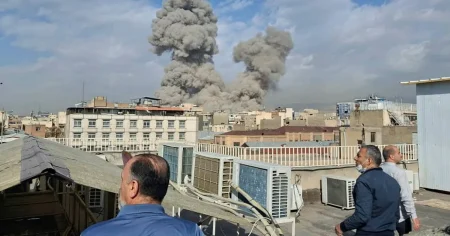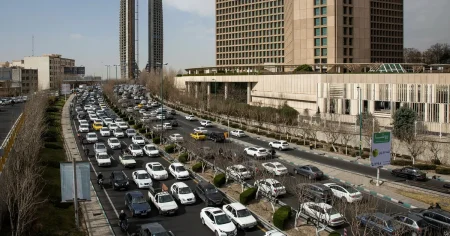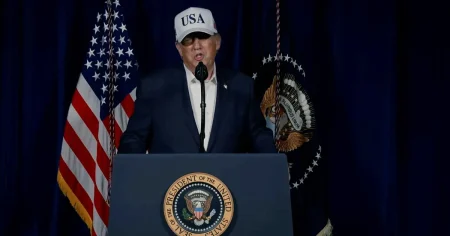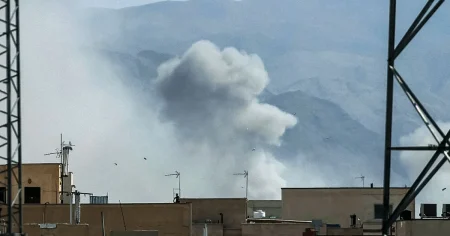The Israeli cabinet was scheduled to approve a ceasefire and hostage exchange agreement brokered in Qatar on Thursday. However, the approval was delayed due to disagreements over the list of Palestinian prisoners to be released. Hamas’s list reportedly included individuals Israel was unwilling to free, leading to a postponement of the vote. This postponement created an opportunity for Prime Minister Benjamin Netanyahu to engage in negotiations with far-right coalition partners, attempting to prevent them from leaving the government. The delay, seemingly triggered by a minor disagreement, was arguably a tactical move by Netanyahu to address a more pressing political challenge.
The crux of the controversy within Netanyahu’s coalition centered around the demands of the far-right parties, ”Religious Zionism” led by Finance Minister Bezalel Smotrich, and ”Jewish Power” led by National Security Minister Itamar Ben-Gvir. These parties sought assurances from Netanyahu that Israel would resume the war in Gaza before the final phase of the complex prisoner exchange was implemented. This demand placed Netanyahu in a precarious position. He had a history of making promises he couldn’t keep, but in this instance, the potential consequences of breaking the agreement were significant.
Breaking the agreement, which was facilitated by former US President Donald Trump, would be a direct affront to any incoming US president, whom Netanyahu was keen to appease. Furthermore, violating the agreement before the final stage could jeopardize the release of captured Israeli soldiers, a scenario with potentially devastating domestic repercussions. While Smotrich and Ben-Gvir pledged not to actively topple Netanyahu’s coalition even if they withdrew, the underlying threat of their departure loomed large. They were aware that current polls favored a change in government should new elections be called, placing further pressure on Netanyahu. The Prime Minister understood that the patience of the settler parties’ constituents had limits, particularly concerning the sensitive issue of Palestinian statehood.
Netanyahu faced a complex geopolitical puzzle involving the next phase of Trump’s Middle East vision: establishing diplomatic relations between Israel and Saudi Arabia. The Saudis were reportedly eager for this relationship but wary of alienating the Palestinians. They were expected to demand, potentially with Trump’s backing, concessions towards a Palestinian state, or at least promises thereof. Any such concession risked triggering the collapse of Netanyahu’s government, as the settler parties were vehemently opposed to any moves towards Palestinian statehood. This precarious balancing act placed Netanyahu in a difficult position, caught between the demands of his coalition partners and the broader international landscape.
The Israeli media highlighted the stark contrast between Netanyahu’s previous pronouncements and the current situation. Throughout the past year, he had vehemently declared he would never withdraw troops from Gaza and promised his constituents a ”total victory,” implying the end of Hamas rule in Gaza. If the agreement was fully implemented and the war ended before March 1st, it would represent a significant reversal of his previous rhetoric. This potential about-face posed a serious challenge to his credibility and could further inflame tensions within his own political base.
Despite the opposition from within his coalition, the Qatar-brokered agreement appeared likely to pass. Even if the extremist parties left the government, resulting in Netanyahu losing his Knesset majority, several opposition parties had pledged to support the agreement during the parliamentary vote. This meant that the agreement would likely be approved even without the support of the settler parties. However, losing the support of these parties could lead to the eventual collapse of the government and trigger new elections, a scenario Netanyahu desperately sought to avoid. The political ramifications of the Gaza agreement extended far beyond the immediate ceasefire and hostage exchange, creating a complex and potentially destabilizing situation for Israeli politics.



